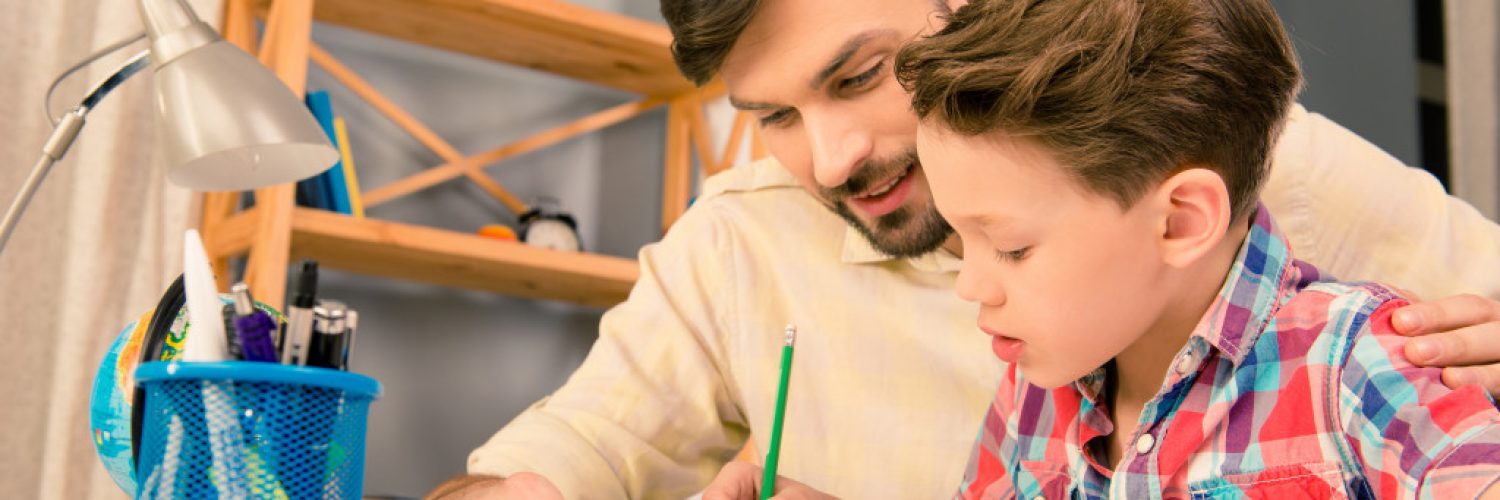If you are a father, you will definitely connect on this. A father plays an essential role in his child’s health and development. It is one role that others in the family cannot play as smoothly. Moreover, a father can shape the child’s life and impact it hugely as children usually see a role model in their father.
Moreover, you must admit that fathers play an equally important role as mothers as caregivers regarding health and development. So, let us check out some milestones related to health that fathers help their little ones achieve.
Physical Health
Both parents play an active role in children’s physical health. While mothers handle the nutrition and baby massages part, active fathers encourage the children to participate in sports and activities. That said, it makes them very active too. More often than not, you will find a father staying awake and caring for the child when he is sick.
Moreover, they are involved right from when the child is an unborn fetus and during the prenatal stages. The father is the one who takes his wife for monthly check-ups to ascertain the well-being of the child and mother.
When it is time for the child’s scheduled vaccination, you will find the father at the pediatric care center. Most fathers understand medical jargon better, they say. So, these are a few reasons for the introduction of the paternal leave policy in several organizations. Often considered breadwinners, in a patriarchal society, the monetary resources are a responsibility most fathers silently bear.

Mental Health
Fathers also play a vital role when it comes to mental health. It is not associated only after the birth, the process starts long back. More often, the father plays a dual role — direct and indirect in a child’s mental health. Positive reinforcement helps a child understand his limits. That is only possible if the father is deeply involved in the upbringing.
Moreover, women are not bound to the homes any longer. They have started working and away for certain tenures. So, at that point, the father has a hugely supportive role to play. When a child sees a father co-parenting with a mother, he develops an immense sense of belonging.
Additionally, fathers can set an excellent example of themselves by not smoking and drinking in front of children. Such behaviors can directly impact a child’s mental health. From a very young age, a child observes the relationship between father and mother. If there are conflicts, then the child develops a certain apathy unconsciously. There is no denying the fact that the mother-child bond is most impactful. But fathers cannot be sidelined either. It is a co-alliance that none can deny.
Daily communication is also something a father can do. An active father who communicates with his children daily can help them with problem-solving capabilities. Interventions in schools and communities can impact a child’s mental health both positively and negatively. Hence, when a father talks to his children, be it for as little as five to ten minutes during dinner, it can help them open up. This ensures that the child becomes expressive, which can improve their mental health and development.
Social and Emotional Health
You can connect emotional health to empathy. As the saying goes, empathetic fathers raise empathetic children. Emotional support from paternal quarters makes a child more confident. They are less hesitant to discuss their problems with others. Such children are less frustrated and can stand up for themselves in adverse situations.
You will notice that children with more supportive fathers help generate more compassion. They also tend to have a high degree of sociability as confident children can easily talk to and make friends with others. Hence, such children are more likely to have more friends. This further helps reduce the chances of stress and anxiety. It also helps them connect emotionally with other people.
Thus, you can understand how important the father’s role is in the child’s health. Traditionally, parenting was seen as a prerogative of the mother. However, that’s not the case anymore. You will often see fathers being addressed to as a ‘secondary caregiver.’ In reality, fathers invest monetarily and emotionally in their children. However, their presence is often not supported by substantial proof.
You need to delve deeper to find out the various implications of a father on the child’s life. He is responsible physically, mentally, socially, and emotionally for the child’s health. Fathers tend to provide a secure and safe environment for their children. You will find more fathers coming forward to swap the ‘caregiver’s role’ with mothers. It is a healthy development, not only for the couple but the children in the family as well.

